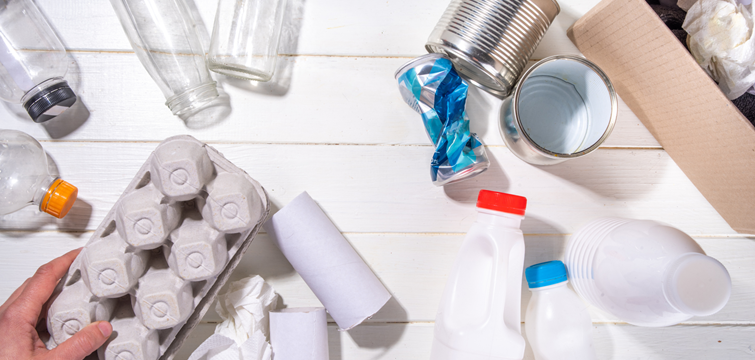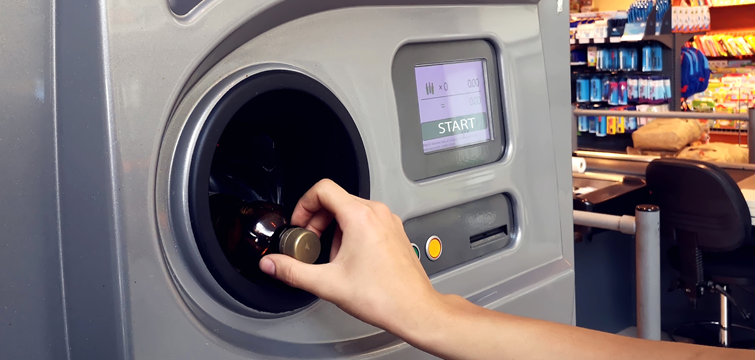Government have announced that manufacturers of EEE must make spare parts for electrical goods available by ‘this summer’.
The new legislation aims to halt the practice of premature obsolescence in machinery such as washing machines and televisions, and incentivise the manufacture of more energy efficient goods.
The new rules were agreed two years ago by BEIS, when the UK was still an EU member state. They will apply in Great Britain, whereas Northern Ireland will continue to implement EU regulations.
These measures are hoped to reduce the estimated 1.5m tonnes of e-waste produced in the UK annually, and extend the lifespan of products by up to 10 years. This announcement comes after the Department for Business Energy and Industrial Strategy launched a consultation on the matter, and an governmental response to the Environmental Audit Committee’s report published last year.
A promising sign
This increasing activity surrounding electrical waste is a promising sign that regulatory reform will contain some effective measures. It also gives some indication of the legislative shape this might take – whereas policies designed to tackle unsustainable manufacturing practices are seeming more likely, government have nonetheless refused to consider VAT exemptions for repair activities, a popular market-based mechanism employed in other countries.
The changes will also include a suite of energy-efficiency standards, estimated to reduce carbon emissions by eight mega tonnes in 2021 and save householders money on their electrical bills.
The standards will be simplified to an A-G rating on appliance labels, with no ‘+’ grades, and very few products will be able to achieve the highest rating as the bar will be significantly raised.
Tackling the e-waste tsunami
Chair of the EAC, Ludlow MP Philip Dunne, has stated “Cracking down on planned obsolescence in electrical items is key to tackling the e-waste tsunami, and I applaud the government for taking this step. As our committee highlighted during our recent e-waste inquiry, 155,000 tonnes of e-waste is chucked away in household bins by Brits every year – with no hope of salvaging the item or the precious metals they may contain. Often these metals are integral for Net Zero Britain, crucial for wind turbines, electric vehicles and solar panels."
"There should be no contest: consumers should have every right to fix items they own. Making spare parts available is the first step in creating a circular economy where we use, reuse and recycle products. We must stop using and disposing quite so much, we must take action if we are to protect the environment for generations to come.”

Louisa Goodfellow
Policy Manager
As Policy advisor Louisa provides key support to our team, including preparing reports on environmental policy issues and maintaining awareness of new developments. As such she will often be found coordinating responses to policy consultations, advocating policy positions and providing internal guidance to current legislation.

Latest News

Draft packaging EPR regulations sent to European Union and World Trade Organisation
By Louise Shellard 02 May 2024
European Parliament introduce regulations to improve packaging sustainability
By Louise Shellard 30 Apr 2024
Q1 2024 recycling data reveals good performance in most materials
By Nigel Ransom 29 Apr 2024
Deposit Return Scheme for all UK nations set for 2027
By Louisa Goodfellow 26 Apr 2024
